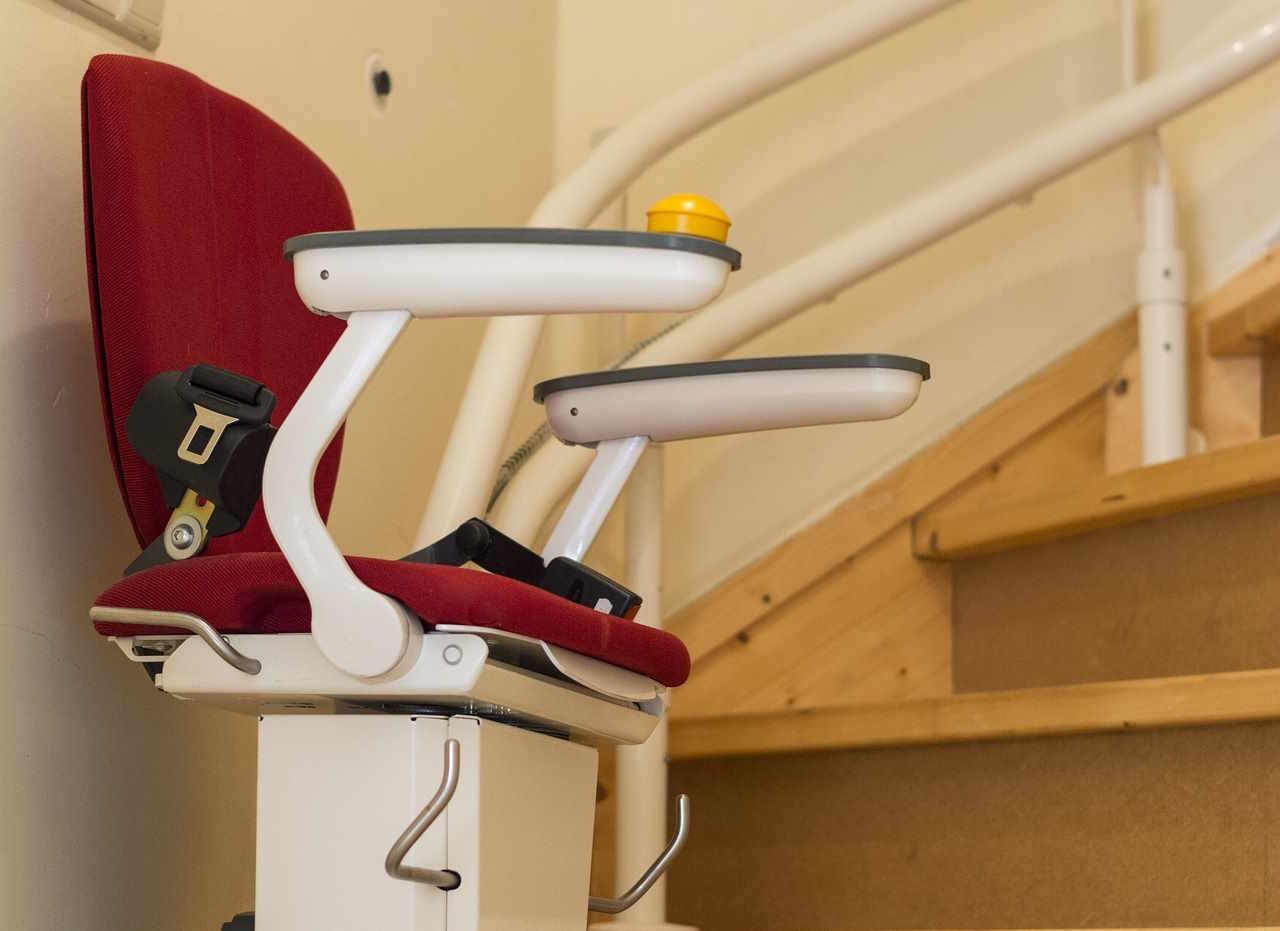Embarking on a Career as an Ultrasound Technician: A Comprehensive Guide
The field of diagnostic medical sonography offers rewarding career opportunities for those interested in healthcare technology. Ultrasound technicians, also known as sonographers, use specialized equipment to create images that help physicians diagnose medical conditions. This profession combines technical expertise with patient care, making it an attractive option for individuals seeking a stable healthcare career with direct patient interaction.

The healthcare industry continues to grow, creating numerous opportunities for skilled professionals in various specialties. Ultrasound technology has become an essential diagnostic tool in modern medicine, leading to increased demand for qualified technicians who can operate sophisticated imaging equipment and work directly with patients to produce high-quality diagnostic images.
The Path to Becoming an Ultrasound Technician
Becoming an ultrasound technician requires completing an accredited educational program and obtaining proper certification. Most programs require a high school diploma or equivalent as a prerequisite, along with completion of prerequisite courses in mathematics, science, and anatomy. The educational journey typically involves enrolling in an associate degree program in diagnostic medical sonography, which usually takes 18 to 24 months to complete. Some programs offer certificate options for students who already hold degrees in related healthcare fields.
Accreditation plays a crucial role in program selection. The Commission on Accreditation of Allied Health Education Programs (CAAHEP) accredits most sonography programs in the United States. Graduates from accredited programs are eligible to take national certification examinations administered by organizations such as the American Registry for Diagnostic Medical Sonography (ARDMS).
Understanding Different Sonography Specializations
The field of sonography encompasses several specialized areas, each focusing on different body systems and patient populations. Abdominal sonography involves imaging organs such as the liver, gallbladder, kidneys, and pancreas. Obstetric and gynecologic sonography focuses on imaging during pregnancy and examining female reproductive organs. Cardiac sonography, also known as echocardiography, specializes in imaging the heart and its structures.
Vascular sonography examines blood vessels and blood flow throughout the body, while musculoskeletal sonography focuses on imaging muscles, tendons, ligaments, and joints. Pediatric sonography requires specialized skills for working with infants and children. Each specialization may require additional training and certification, and some technicians choose to become certified in multiple areas to increase their career opportunities.
Practical Experience and Clinical Rotations
Hands-on experience forms a critical component of ultrasound technician education. Clinical rotations provide students with real-world experience in healthcare settings under the supervision of experienced sonographers and medical professionals. These rotations typically occur in hospitals, imaging centers, physician offices, and specialty clinics.
During clinical rotations, students learn to operate various types of ultrasound equipment, interact with patients from diverse backgrounds, and work as part of a healthcare team. They develop skills in patient positioning, equipment adjustment, image optimization, and basic patient care. The clinical experience also helps students understand workplace dynamics and professional expectations in different healthcare environments.
Most programs require a minimum number of clinical hours, often ranging from 500 to 1,000 hours, depending on the program structure and specialization focus. Students typically complete rotations in multiple specialties to gain broad exposure to the field before focusing on their preferred area of practice.
Online vs In-Person Training Programs
The choice between online and in-person training programs depends on individual learning preferences, schedule constraints, and career goals. Traditional in-person programs offer direct access to equipment, immediate instructor feedback, and face-to-face interaction with classmates and faculty. These programs typically provide more structured clinical placement assistance and hands-on laboratory experience.
Online programs offer flexibility for students who need to balance education with work or family responsibilities. However, sonography education requires significant hands-on practice with ultrasound equipment, which online programs address through intensive laboratory sessions, clinical partnerships, or hybrid formats that combine online coursework with in-person practical training.
Hybrid programs have become increasingly popular, offering online theoretical coursework combined with in-person laboratory sessions and clinical rotations. This format provides flexibility while ensuring students receive adequate hands-on training. When considering online options, students should verify that programs maintain proper accreditation and provide sufficient clinical training opportunities.
Financial Considerations and Opportunities
The financial aspects of ultrasound technician education and career prospects require careful consideration. Educational costs vary significantly depending on program type, location, and institution. Community college programs typically cost less than private institutions, with tuition ranging from approximately $3,000 to $15,000 for associate degree programs. Private schools and specialized institutes may charge $20,000 to $50,000 or more for similar programs.
Additional expenses include textbooks, uniforms, equipment, certification examination fees, and living expenses during clinical rotations. Students should also budget for continuing education requirements to maintain certification throughout their careers.
| Program Type | Institution | Estimated Cost Range |
|---|---|---|
| Associate Degree | Community College | $3,000 - $8,000 |
| Associate Degree | Private College | $15,000 - $30,000 |
| Certificate Program | Technical Institute | $8,000 - $20,000 |
| Bachelor’s Degree | University | $20,000 - $50,000 |
Prices, rates, or cost estimates mentioned in this article are based on the latest available information but may change over time. Independent research is advised before making financial decisions.
Financial aid options include federal grants, loans, scholarships, and employer tuition assistance programs. Many healthcare facilities offer tuition reimbursement or loan forgiveness programs for employees who commit to working for a specified period after graduation. Veterans may be eligible for GI Bill benefits to cover educational expenses.
The career outlook for ultrasound technicians remains positive, with the Bureau of Labor Statistics projecting faster-than-average job growth in this field. Employment opportunities exist in various healthcare settings, including hospitals, imaging centers, physician offices, and mobile imaging services.
Pursuing a career as an ultrasound technician offers the opportunity to work in a growing healthcare field with direct patient interaction and technological advancement. Success in this profession requires dedication to education, development of technical skills, and commitment to ongoing professional development. The combination of stable employment prospects, competitive compensation, and meaningful work makes sonography an attractive career choice for individuals interested in healthcare technology and patient care.




